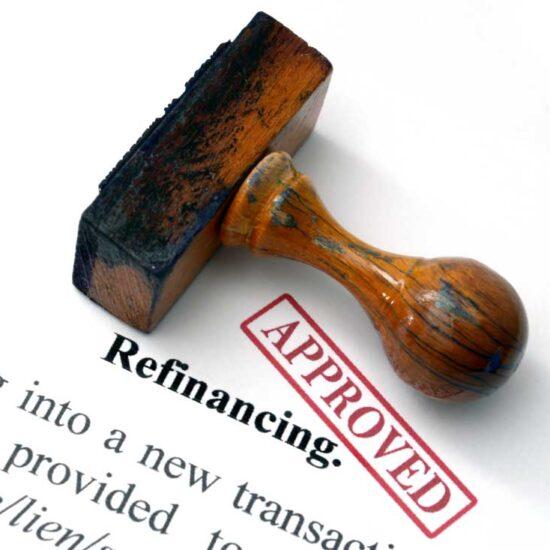
By Tina Howes, Mortgage & Finance Advisor – SmartMove
Once of the hottest topics in the mortgage industry at the moment is refinancing.
Lenders are giving customers between $2,000 and $4,000 simply to bring their business across. It’s aggressive out there and it might be something that you are questioning whether it’s right for you.
Firstly, what does it mean to refinance your mortgage? Simply, refinancing is when you take your mortgage to another lender, usually to obtain a better rate or restructure of your loan.
Here are my key tips on when the right time to refinance:
- If you have had your loan for two years or more, then chances are you are paying too much on your loan. The market moves over time, in particular when there is movement in rates driven by RBA cash rate movements. Sometimes lenders pass on differing rate reductions, or increases to new customers versus existing customers and, yes, it’s usually the loyal existing customers that end up paying more here.
- Looking to increase your mortgage? This is a great time to review your current lender and see if they are still a competitive option. An application with your existing lender is likely to require as much paperwork and time as it would take to apply to a new lender, so it’s a great opportunity to potentially save money.
- Do you have investment properties with interest-only periods? These are usually only for five years, and while it’s easy to think that you can simply refinance them at the end of the period, many lenders will require a whole new lending assessment to extend the term. If your circumstances change or lending criteria tightens, you may not be eligible in the future to extend the term and be left paying principal and interest over a shorter loan term when you would rather be paying off your principal residence debt. To avoid getting caught out, after two years you can look to extend this period and secure a better rate at the same time.
- Is cash flow tight and do you have multiple debts on varying interest rates? If you have equity in your home, then there is the opportunity for you to consolidate debts and secure against your home at much cheaper rates. This may be a combination of credit cards, car loan, or personal loans but home loan rates will be much cheaper than many of these options, enabling you to repay the debt at a much faster rate. My key advice here is to keep up the same repayment if you can so that you don’t end up paying your car back over 30 years!
- Again, if cash flow is tight, refinancing your loan to a lower rate can save you money but you should also look to extend the loan term. While I suggest trying to keep repayments at the original loan term, if that’s not an option for you, extending the term can help reduce the repayments and enable some cash flow relief. If you do this, you will pay more interest over the life of the loan so it’s important to understand this. But if this enables you to hold onto a property that you otherwise would have to have sold then this can be a smart decision.
- If you are on a fixed rate and it is coming up for expiry, then it’s a good time to look at your rates and see if the rate your lender is prepared to offer you is competitive. At some times in the cycle it can make sense to break a fixed loan and refinance earlier but talk to your bank or broker about this.
- Yes, it costs money to refinance, and it can be time consuming. In fact, the banks are betting on this and that’s generally why they get away with charging you more than they should. So, every year I’d suggest asking your lender for a better rate. Do I suggest refinancing every 12 months? No, I would generally say every two years, because life is busy, and you may refinance to one lender and then rates go up and may have been better staying put. So, sticking to every two years balances out this risk. Also look for lenders with refinance rebates to help offset some of the costs to refinance.
Disclaimer: This article contains information that is general in nature. It does not consider the objectives, financial situation or needs of any particular person. You need to consider your financial situation and needs before making any decisions based on this information. This article is not to be used in place of professional advice, whether in business, health or financial.







